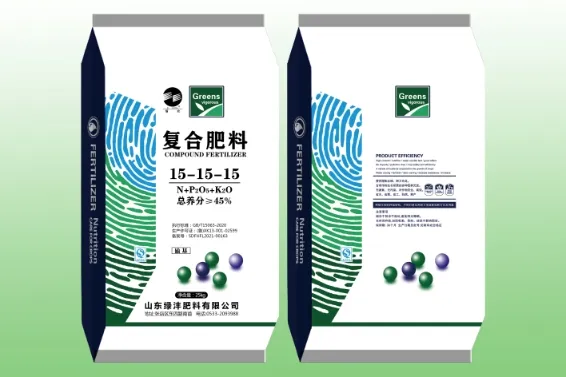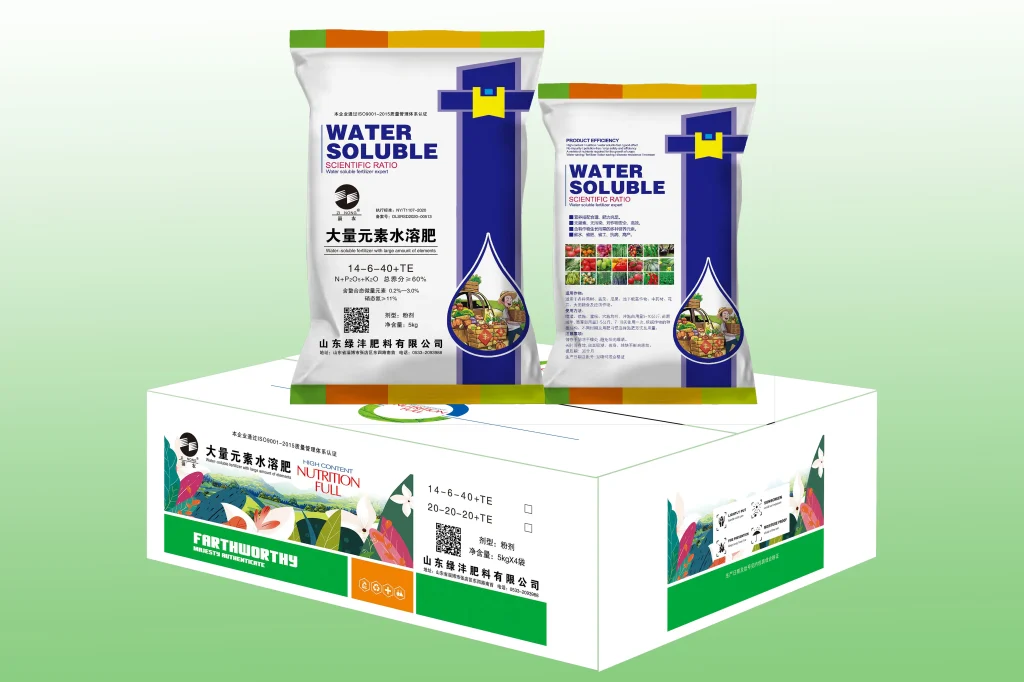一级标题
一级标题
Avoid your inquiry is delay response, please enter your WhatsApp/Skype along with the message, so we can contact you at the very first time.
We will reply you within 24 hours. If for urgent case, please add WhatsApp/WeChat:
Warning: Undefined variable $public in /www/wwwroot/lvfertilizer.com/wp-content/themes/hyhadmin/header.php on line 350
Warning: Trying to access array offset on value of type null in /www/wwwroot/lvfertilizer.com/wp-content/themes/hyhadmin/header.php on line 350
,. Or call
Warning: Undefined variable $public in /www/wwwroot/lvfertilizer.com/wp-content/themes/hyhadmin/header.php on line 350
Warning: Trying to access array offset on value of type null in /www/wwwroot/lvfertilizer.com/wp-content/themes/hyhadmin/header.php on line 350
directly.
Compound fertilizer is a multinutrient fertilizer that contains two or more essential nutrients—mainly nitrogen, phosphorus, and potassium—in a single formulation. Unlike straight fertilizer, which provides only one nutrient, compound fertilizers offer a complete package for plant growth and soil fertility.
Compound fertilizers provide more balanced nutrition for crops, increasing yield while saving time and labor in fertilizer application.
These fertilizers can be applied to the soil before planting (as base fertilizer) or during the growing season (as top dress fertilizers).
The NPK label on any compound fertilizer refers to the percentage of nitrogen (N), phosphorus (P), and potassium (K)—the three primary nutrients plants need.
| Nutrient | Function in Plant Growth |
|---|---|
| Nitrogen | Stimulates leafy growth |
| Phosphorus | Supports root and flower development |
| Potassium | Enhances resistance to stress and disease |
Choosing the right NPK compound is critical. A fertilizer with a higher nitrogen content is ideal for leafy vegetables, while flowering plants might need more phosphorus and potassium.
Compound fertilizers are formulated to deliver multiple benefits:
They also minimize the risk of fertilizer damage from over-application of one element. For farmers looking for higher use efficiency, compound fertilizers are more dependable.
From our perspective as a fertilizer manufacturer, we’ve seen customers achieve up to 20% better yields using compound fertilizers compared to synthetic fertilizers applied separately.
There are several types of compound fertilizers to suit various needs:
Each type of fertilizer has unique advantages depending on the crop, soil, and application method.

Fertilizer application should always align with soil test results and the specific fertilizer requirements of your crop.
Always consider the type of fertilizer and chemical structure of your soil. For example, sandy soils may require slow-release fertilizers, while loamy soils benefit from blending fertilizer.
The benefits of compound fertilizers are well-documented:
Our clients have reported a 15–30% increase in productivity after switching to our compound fertilizer npk blends, especially when used as base in cereals and vegetables.
| Feature | Controlled Release | Water-Soluble |
| Nutrient Release | Gradual | Instant |
| Cost | Higher | Moderate |
| Efficiency | High | High |
| Best For | Perennials, Trees | Greenhouses, High-speed crops |
Controlled release types are ideal for reducing labor, while water-soluble fertilizers offer quick fixes for nutrient deficiencies.
A soil test is your best guide to selecting the proper compound fertilizer. It helps determine:
Using this information, you can tailor your fertilizer products to meet exact fertilizer requirements.

Fertilizers are made to be precise, so don’t guess. Too much fertilizer can harm soil health and cause runoff, while too little reduces yield.
📌 Rule of thumb:
As a professional npk fertilizer wholesaler and global compound fertilizer manufacturer, we provide:
We specialize in fertilizers that contain nitrogen, phosphorus, and potassium in optimized ratios, backed by years of manufacturing expertise.
Can I use compound fertilizer with compost or organic fertilizer?
Yes! In fact, combining compound fertilizer with compost or organic fertilizer improves soil fertility and structure.
Is controlled-release better than water-soluble fertilizer?
It depends on your crop cycle. Controlled-release is ideal for longer seasons, while water-soluble fertilizers work best for quick absorption.
How do I know if my crop needs more phosphorus or potassium?
Conduct a soil test. This gives you a detailed analysis of micronutrient levels and fertilizer requirements.
Are compound fertilizers environmentally safe?
When applied correctly, yes. Choosing controlled release or slow-release fertilizers helps reduce fertilizer runoff and protect water sources.
Can compound fertilizers be used in all soil types?
Most compound fertilizers work well in various soils, but you may need to adjust the type for sandy, clay, or saline soils.
Looking for reliable bulk NPK compound fertilizer supply?
We are here to help. As a trusted manufacturer with advanced production facilities, we deliver customized solutions that maximize your crop’s potential.